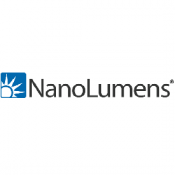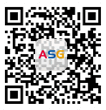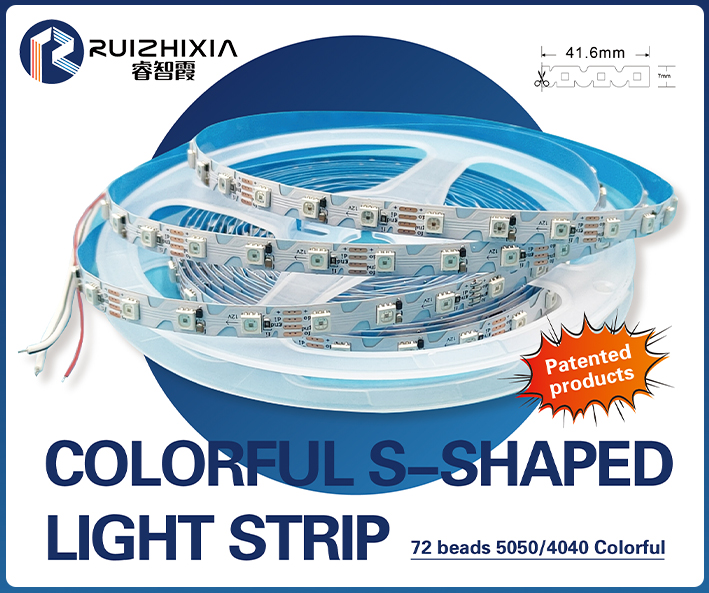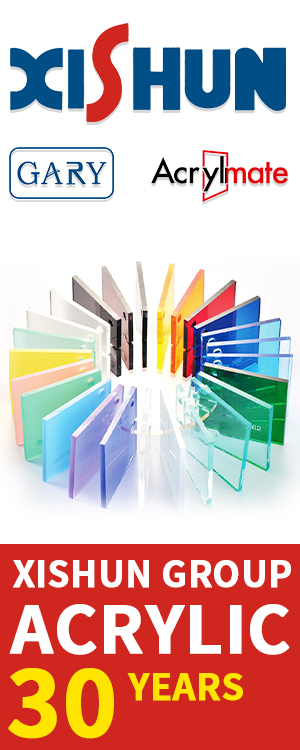Atlanta-based NanoLumens, makers of custom-built indoor and outdoor LED displays for a variety of markets, announces that it has unveiled a a four-post display design that is the first of its kind in Australia.
The display has been installed inside Melbourne’s historic town hall, which was built in 1867 and it used for cultural presentations, concerts, plays, and tourist activities. The Melbourne City Council approached Citadel Technology Solutions, providers of digital communication technology and asked the company to install a display that would promote and celebrate the city’s rich Aboriginal history.
Citadel’s architect, Paul Materazzo, and his team came up with a concept he called “LED Blades.” Citadel then hired integrator Digital Place Solutions which turned to NanoLumens to implement the architect’s vision.
“The MCC had a specific idea to try and attract people to enter into the town hall visitor center off the street and they wanted a display to grab people’s attention with a visually stunning presentation of the region’s Aboriginal history,” Materazzo explains. “This would be their first LED display installation and they wanted it to be stunning and immediately compelling.”
The four-post display, made with NanoLumens Nixel series displays, is the first of its kind in Australia.
“The MCC wanted a solution that would allow them to display individual words or images down each post, so I came up with the design of the four posts and I wanted them in various heights to enable each to have individual media displayed or a complete display over all four posts,” Materazzo says
The display is meant to mimic a 19th–century building. It consists of four unequal length blades, the tallest at 2.2 meters (about 7’), with a total display width of 1.1 meter (about 3 ½’). Each of the four Nixel displays were designed to Citadel’s very specific specs.
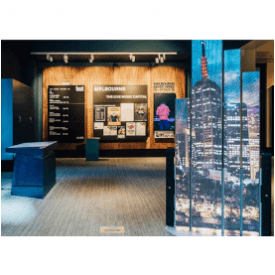
The specific content of the displays includes an introduction to Melbourne from the Aboriginal community along with subtle imagery depicting the transition of the Aboriginal history to modern day Melbourne. A voiceover explains how the Aboriginal people see the land today and how it still connects with their history. Visitors are then directed to the area’s many galleries and museums that showcase Aboriginal culture.
